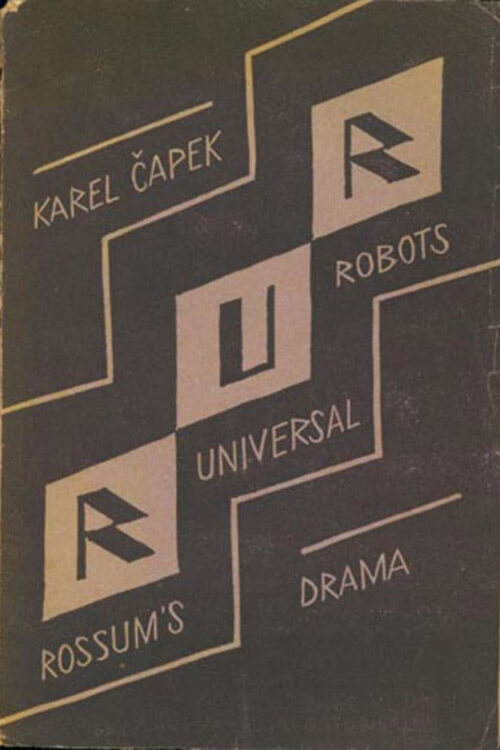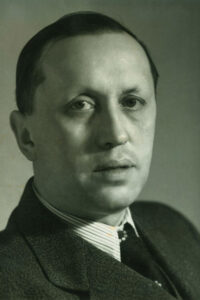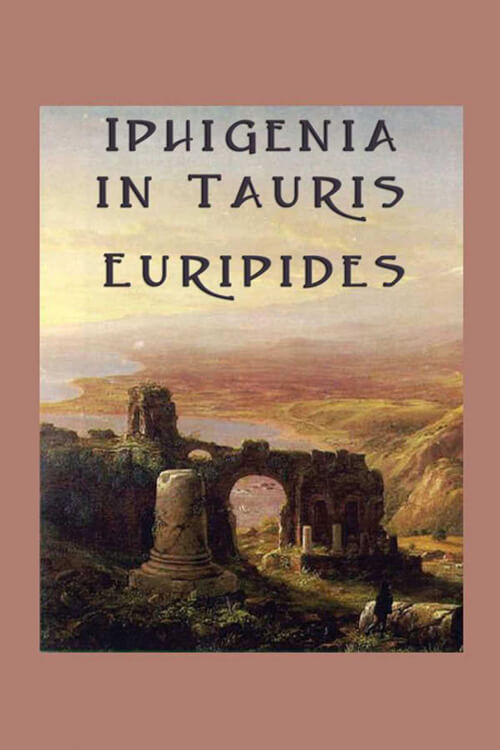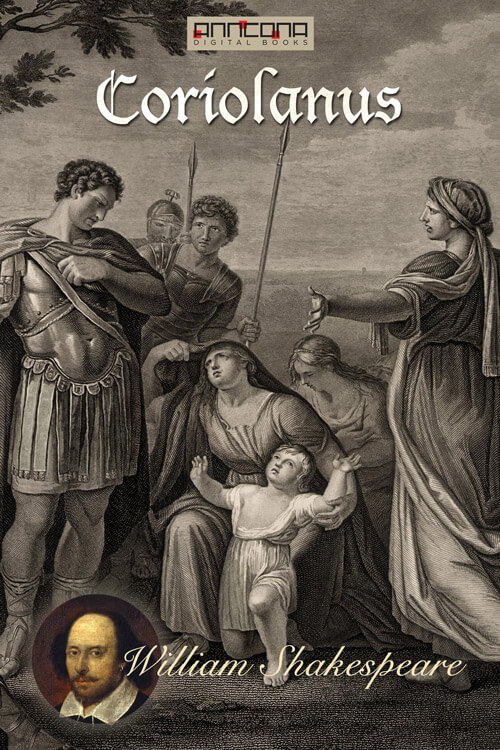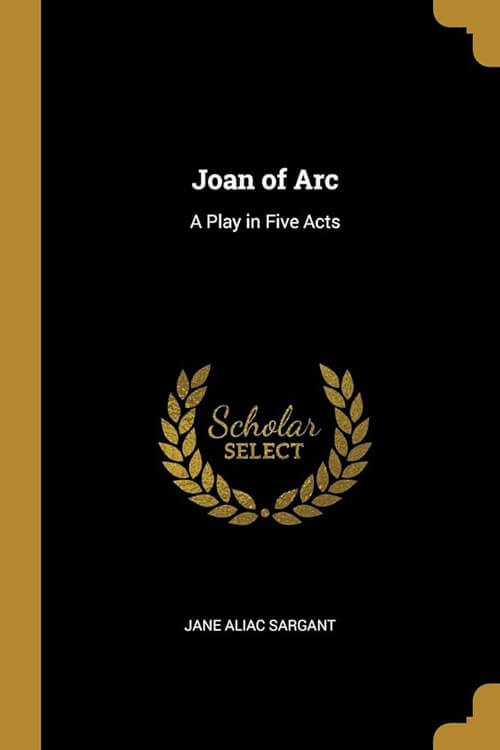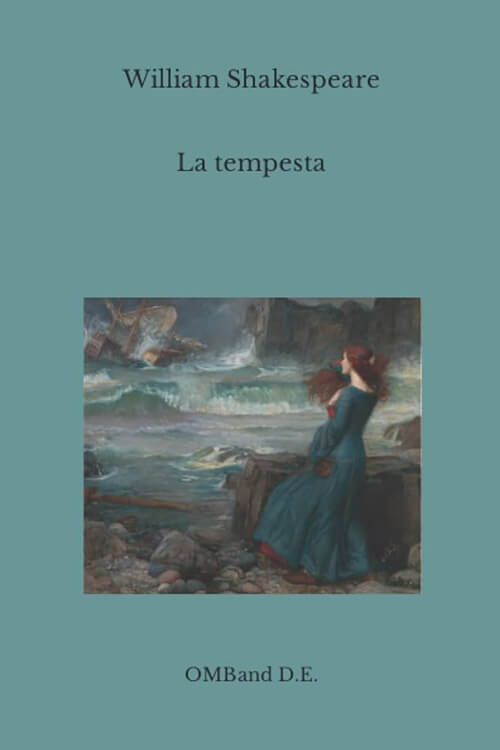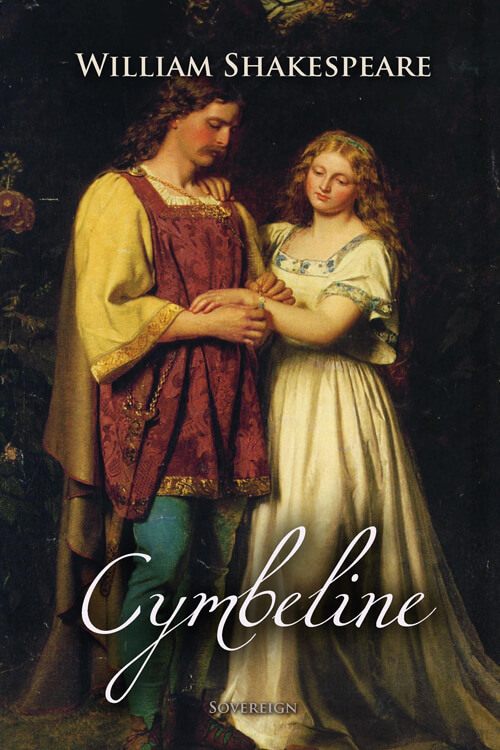
R.U.R. Rossum’s Universal Robots
In the introductory scene, the robots are dressed like people. They are slightly mechanical in their speech and movements, blank of expression, fixed in their gaze. In the play proper they wear linen blouses seized at the waist with a belt and on their breasts wear a brass number
Intervals after the introductory scene and the second act.
Introductory Scene
Central office at the factory of Rossum’s Universal Robots. Entrance stage right. Through the windows can be seen endless rows of factory buildings. Stage left further administrative areas.
Domain: (_Sitting at a large American desk in a swiveling chair. On the table are a lamp, telephone, paperweight, files, letters, papers, etc. On the wall, stage left, are large maps showing shipping lines and railway lines, a large calendar, clock showing just before midday; on the wall stage right are printed posters: “The Cheapest Workforce You Can Get: Rossum’s Robots”, “Latest invention; Robots for the Tropics. 150 d. each”, “Everyone Should have a Robot!”, “Reduce the Cost of your Products! Order a Robot from Rossum’s!”. Also other maps, shipping timetable, a notice board with telegrams, rates of exchange, etc. In contrast with the content of the walls, the floor is covered with a magnificent Turkish carpet, stage right is a round armchair, settee, sumptuous leather armchair, and bookshelves containing not books but bottles of wines and spirits. Stage left, safe. Beside Domin’s desk is a typewriter which Sulla is writing_)
Domain: (_dictating_) “… cannot take responsibility for items damaged in transit. The captain of your vessel was given a warning at the time of loading that it was not suitable for the carriage of robots, and so damage to its cargo cannot be charged to our account. Yours faithfully, Rossum’s Universal Robots.” Is that it now?
Sulla: Yes.
Domain: New letter. Friedrichswerke, Hamburg. Date. “We are pleased to confirm receipt of your order for fifteen thousand robots… ” (_telephone rings. Domin lifts the receiver and speaks_) Hello, central office… yes… certainly…
Read or download Book
Karel Capek
Karel Čapek (9 January 1890 – 25 December 1938) was a Czech writer, playwright, critic and journalist. He has become best known for his science fiction, including his novel War with the Newts (1936) and play R.U.R. (Rossum’s Universal Robots, 1920), which introduced the word robot. He also wrote many politically charged works dealing with the social turmoil of his time. Influenced by American pragmatic liberalism, he campaigned in favor of free expression and strongly opposed the rise of both fascism and communism in Europe.
Though nominated for the Nobel Prize in Literature seven times, Čapek never received it. However, several awards commemorate his name, such as the Karel Čapek Prize, awarded every other year by the Czech PEN Club for literary work that contributes to reinforcing or maintaining democratic and humanist values in society. He also played a key role in establishing the Czechoslovak PEN Club as a part of International PEN.
Čapek died on the brink of World War II as the result of a lifelong medical condition. His legacy as a literary figure became well-established after the war.
Life
Early life and education
Karel Čapek was born in 1890 in the village of Malé Svatoňovice in the Bohemian mountains. However, six months after his birth, the Čapek family moved to their own house in Úpice. Karel Čapek’s father, Antonín Čapek, worked as a doctor at the local textile factory. Antonín was a very active person; apart from his work as a doctor, he also co-founded the local museum and was a member of the town council.
Despite opposing his father’s materialist and positivist views, Karel Čapek loved and admired his father, later calling him “a good example… of the generation of national awakeners”. Karel’s mother, Božena Čapková, was a homemaker. Unlike her husband, she did not like life in the country, and she suffered from long-term depression. Despite that, she assiduously collected and recorded local folklore, such as legends, songs, and stories. Karel was the youngest of three siblings. He would maintain an especially close relationship with his brother Josef, a highly successful painter, living and working with him throughout his adult life. His sister, Helena, was a talented pianist who later became a writer and published several memoirs about Karel and Josef.
After finishing elementary school in Úpice, Karel moved with his grandmother to Hradec Králové, where he started attending high school. Two years later the school expelled him for taking part in an illegal students’ club. Čapek later described the club as a “very non-murderous anarchist society”.
After this incident, he moved to Brno with his sister and attempted to finish high school there, but two years later he moved again, to Prague, where he finished high school at the Academic Grammar School in 1909. During his teenage years, Čapek became enamored with the visual arts, especially Cubism, which influenced his later writing.
After graduating from high school, he studied philosophy and aesthetics in Prague at Charles University, but he also spent some time at the Friedrich Wilhelm University in Berlin and the Sorbonne University in Paris. While still a university student he wrote some works on contemporary art and literature. He graduated with a doctorate in philosophy in 1915.

